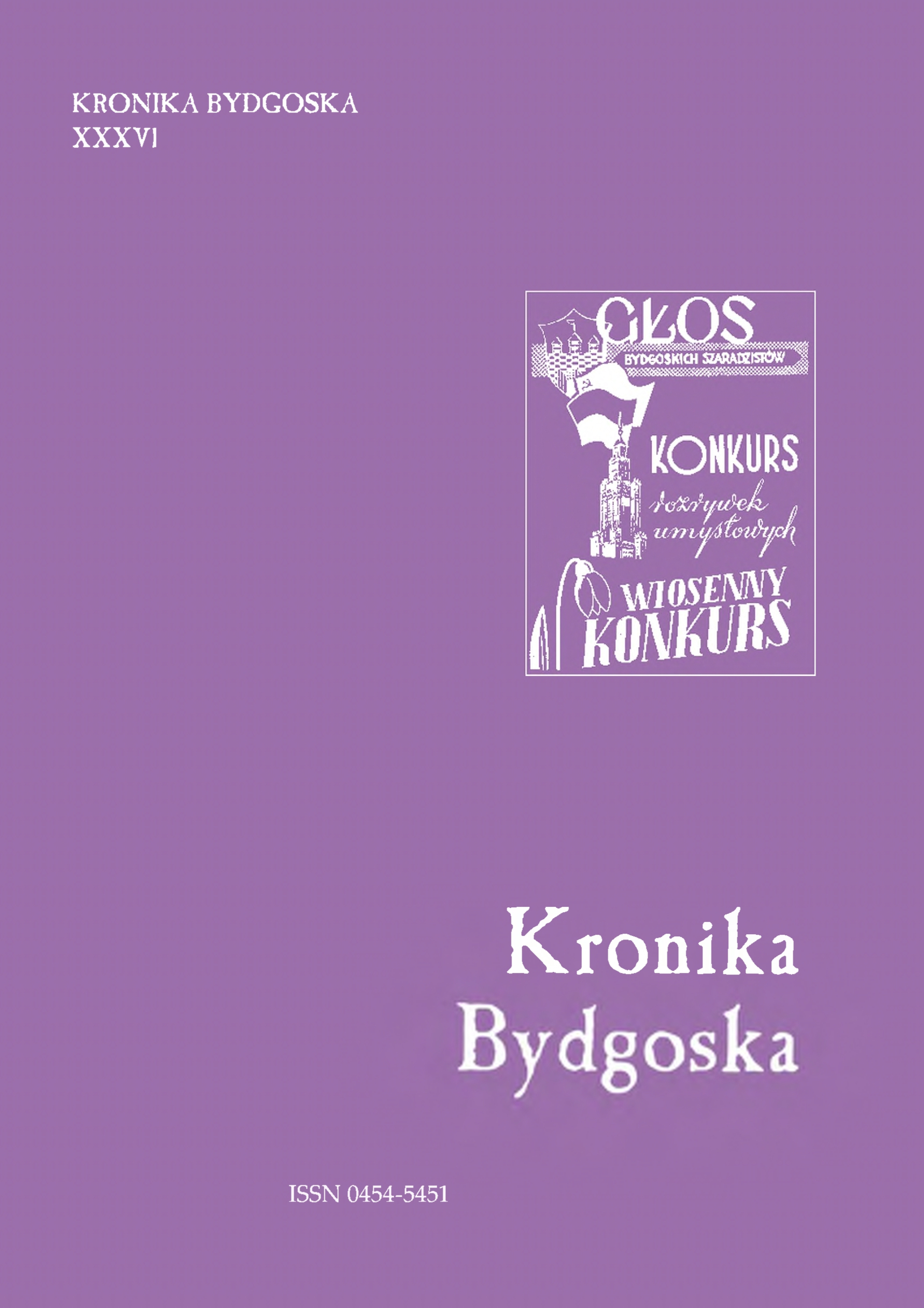Kara śmierci w procesach o przestępstwa gospodarcze przed bydgoskim Wojskowym Sądem Rejonowym w świetle prasy lokalnej
DOI:
https://doi.org/10.34767/KB.2015.36.09Słowa kluczowe:
kara śmierci, przestępstwa gospodarcze, Wojskowy Sąd Rejonowy, Bydgoszcz, prasaAbstrakt
During the initial postwar years, in the period of fight with the opposition and building of totalitarian system in Poland, criminal law instruments were widely used in order to fulfil the goals outlined by the new authorities, in both political and economic areas. Many drastic penalties were applied and military courts were involved in sentencing of civilians. The direction of the policy conducted in that time involved a high number of economic crime lawsuits, which were frequently described as “sabotage”, ascribed to representatives of management bodies of state-run enterprises. During functioning of the Military District Court in Bydgoszcz (1946-1955), more than a hundred “saboteurs” were sentenced and similar cases were handled by courts across Poland.
The article presents three cases that were finalized in 1948, in which the Military District Court in Bydgoszcz passed the death sentence. Based on local newspapers and archival documents, cases described in detail involved Eugeniusz Smoliński, Director of the State Gunpowder Factory in Łęgnowo (later “Zachem”), Mieczysław Derwiński, Director of the State Fruit and Vegetable Processing Plant No. 19 in Fordon, and Stanisław Krzymin, Director of the State Telephone Exchange Factory No. 3 in Bydgoszcz (later “Telfa”). In the case of Eugeniusz Smoliński the sentence was executed, whereas in the remaining two cases the court commuted the sentence.

